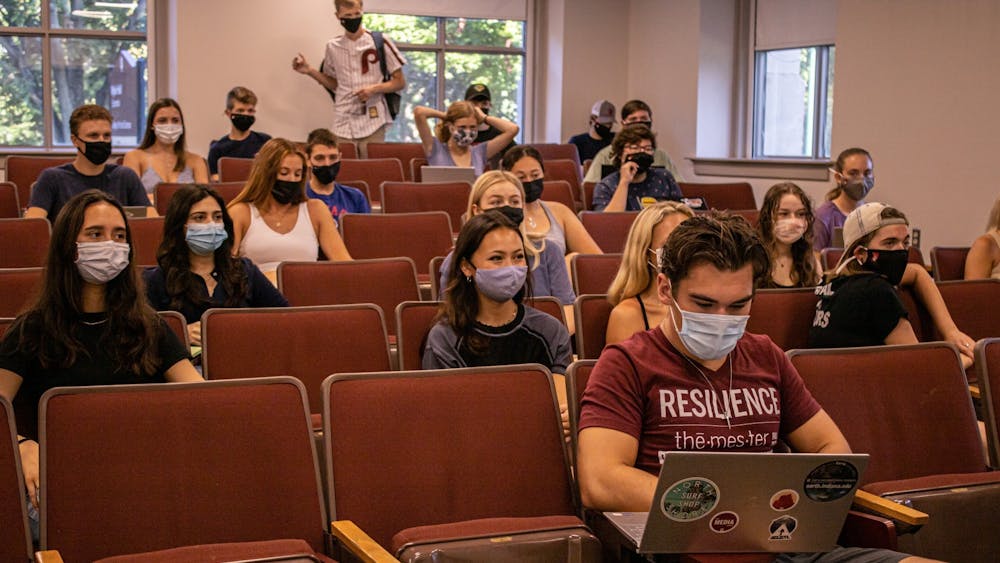Five hundred and three final words before you’re rid of me for the summer. For my last column of the semester, I am returning to my own voice and bringing my “Pass the Microphone” series to a close. I’d like to highlight some of the most valuable lessons I’ve learned while writing my last few columns.
First, a quick thank you to the women I spoke to for the series — your openness and willingness to speak your mind are gifts to us all, and I certainly hope that your gifts will be properly received.
Second, a consideration of the commonalities I found. No matter which issue the women I interviewed chose to focus on — the condition of model minorities, the movement to publish more diverse authors or the need for integration of greek life — they were united by a few strong, more broadly applicable sentiments.
To begin: don’t overgeneralize. This might seem like a strange place to start a discussion of what these women have in common, but it’s important. Take the time to consider every person you encounter, whether in real life or in some form of media, as an individual and don’t rely on stereotypes to fill in any blanks.
Be smart about how you speak. The way we talk about groups of people goes a long way in shaping how we look at and treat them, which means that we do need to be careful of our words while still remembering of course that we cannot simply mind our mouths and think we’re doing enough to help.
Ask questions respectfully. If you don’t understand something and are serious about learning about another culture, avoid making assumptions and instead ask someone who belongs to that culture whom you think would feel comfortable having a discussion with you.
Open yourself to feedback. Whether it comes as the answer to a question you asked or as a suggestion from someone who’s trying to speak up, take a person seriously when they make a stand for how they wish to be treated.
I extrapolated from my experiences with these interviews, and it was clear that these women wanted to be given the same consideration as anyone else.
Don’t let the supposedly favorable stereotypes about Asian students convince you that casual racism is acceptable. Don’t limit the ways people can express themselves. Don’t allow yourself to forget or ignore the needs of others.
Most importantly, don’t be complicit when you realize that something is wrong and you have the power to change it. It is crucial to be an ally rather than a mere bystander and to use your voice in service of others without replacing their voices either.
None of us are perfect, but we do all have it in us to treat others well regardless of any differences that may exist between us. We can all challenge ourselves to take the extra steps necessary for genuine connection and understanding, and we owe it to each other to do so.
mareklei@umail.iu.edu





